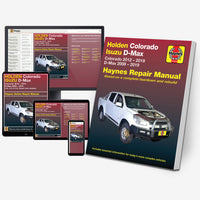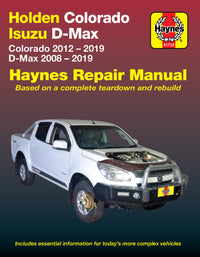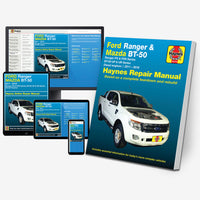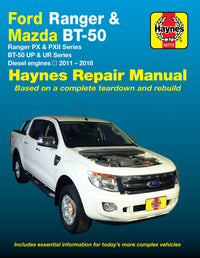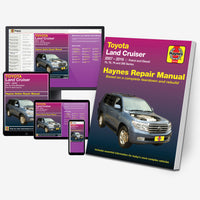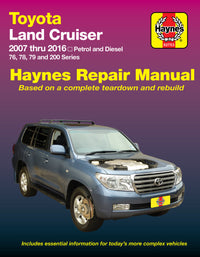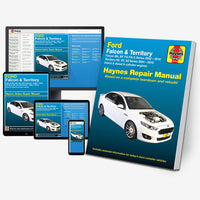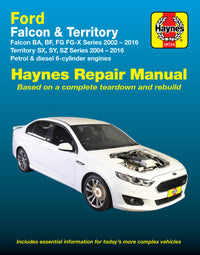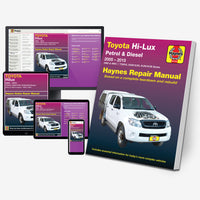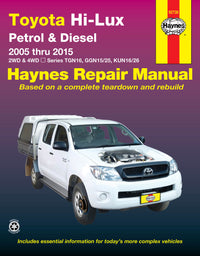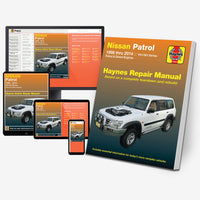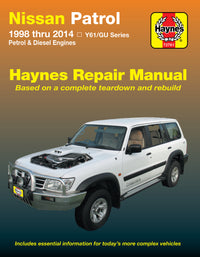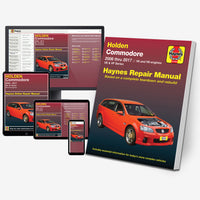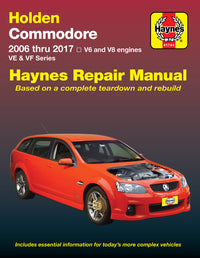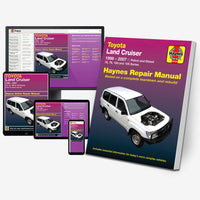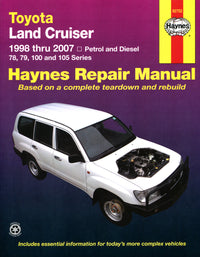If recent media hype is anything to go by, all old cars are strangling the planet and they should all be scrapped with immediate effect in favour of shiny, tree-hugging electric models. Apparently.
The EV future
Now before we go on, it’s worth noting that we like electric vehicles (EVs). They are a good thing, a very good thing in fact. The technology is moving on in regular leaps and bounds, the supporting infrastructure is growing and as such, they are finally a very real alternative to an ICE (internal combustion engine) car.
More EV cars will be better for the environment in the long run (we don’t have the actual numbers, but it’s been proven that most pollution from cars comes from the time they spend idling in traffic – not an issue for EV cars). What’s not good, however, is the recent demonisation of the cars still powered by compressed, liquefied dinosaurs.
The argument for ICE cars
All you see at the moment is scrappage scheme this, and emissions that. And to my mind, that’s a little bit unfair on the conventional car. Not only that, it’s providing those who might not know all that much about cars with false information. Old cars aren’t evil; they’re not going around at night dumping oil into flowerbeds or setting swans on fire.
Modern internal combustion cars are the most environmentally friendly they have ever been. But because they’re not completely kind to the environment, we’re told EV cars are the only future. And that’s silly.
Want to keep your old car in tip top shape? Try our new one-job video tutorials
Some old cars are hideous. There’s no denying that. We’ve all seen the battered van belching out smoke, for example. And cars like that should be ushered off the road in the direction of the scrap yard. But cars in general? No, they should be kept going for as long as possible. The longer they are going, the greater return they’re making on their environmental investment.
It takes a huge amount of effort to make a car. The metal has to be mined, it has to be refined, the plastics and electrics and so on all have to be created. The facility that makes them costs billions of pounds to build and run, the research and development is billions again in most cases.
All this cost is spread over the life of the car. So if you bought a brand new car today, for example, and then took it straight to the crusher, not only would you get an odd look from the scrap man, you’d also be making that one car a huge environmental drain – all that effort for one day. That’s deeply inefficient.
Take a twenty year-old car though (and that’s a 1997 car, so not exactly a horse and cart) and run it, look after it, maintain it, and it becomes a great use of the resources and effort used to produce it. Its life has exploited the cost to the environment to make it in the best possible way.
Not ready for the scrap heap
We’re not saying petrol or diesel cars are better than their Duracell-powered counterparts. What we’re saying is that we should be encouraged to eek as much effective, reliable life out of our cars as possible. Not just throw them away when they still work perfectly well. Take your washing machine. Does it work perfectly well? Of course it does. Are you going to replace it tomorrow? Of course you’re not.
With cars, we seem to be encouraged to treat them as disposable, which given the environmental responsibility we have as car owners is absurd. We keep things – clothes, books, TVs, children - far longer than their production effort requires. Yet we’re told to bin our cars. It makes no sense.
So do your bit for the environment and keep your old car going. Haynes can supply you all the literature you need to do so, and you’ll gain some skills in the process.
It’s inevitable that one day your car will give up, that’s the nature of the beast. It’s then, when you have extracted all the life out of it you possibly can, that you chop it in for the next environmentally-friendly offering. Not before. You wouldn’t eat half a bag of crisps, throw the rest away, then open another bag, would you? It’s the same principle with cars.

